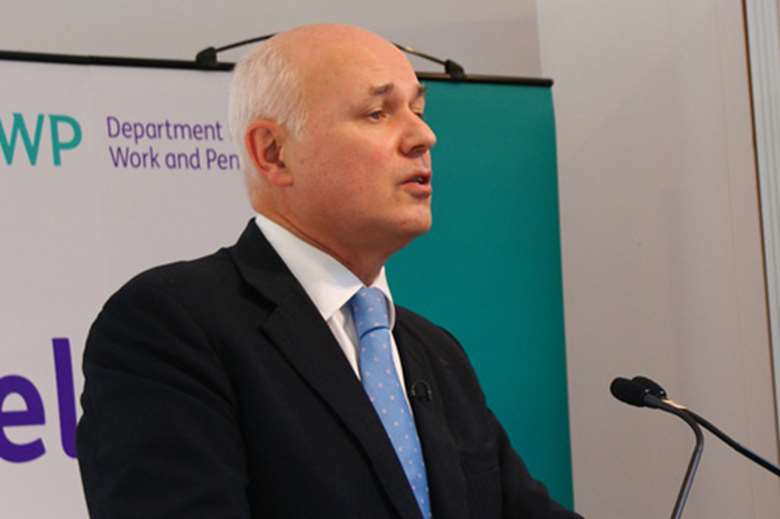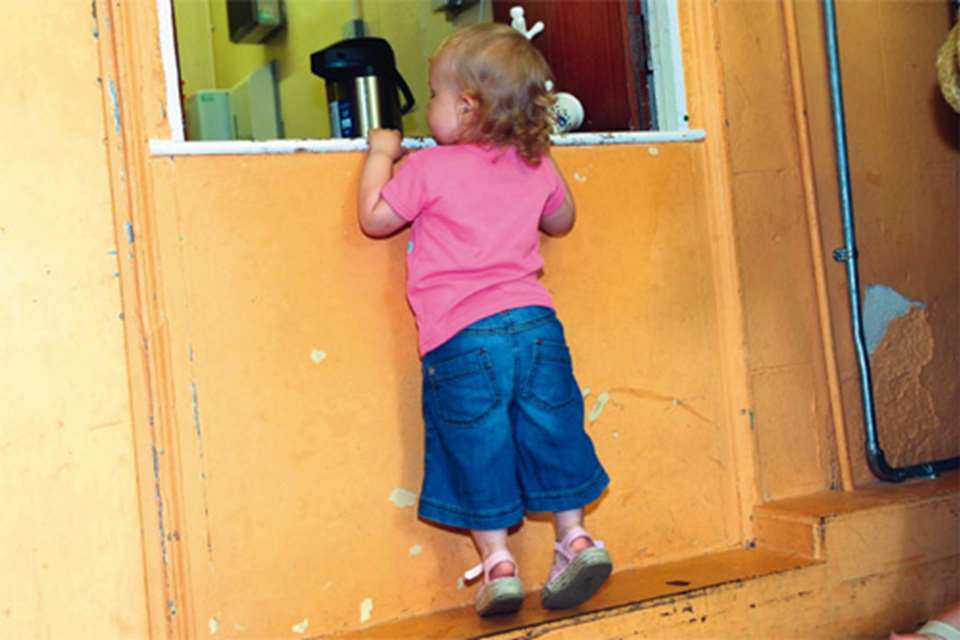Government's child poverty strategy unveiled
Neil Puffett
Tuesday, April 5, 2011
The government's child poverty strategy will centre on planned reforms to the welfare system, a shift towards early intervention and the introduction of the pupil premium, it has been announced.

The child poverty strategy, A New Approach to Child Poverty: Tackling the Causes of Disadvantage and Transforming Families’ Lives, sets out the government’s plan for meeting poverty targets by 2020.
The report outlines hopes that the introduction of a universal credit will lift people who get a job out of poverty.
"Around 55 per cent of children who are currently in poverty are living in working families," Work and Pensions Secretary Iain Duncan Smith states in the foreword. "By moving all working age benefit claimants onto the universal credit from 2013 to 2017 we expect to move around 600,000 adults and 350,000 children out of poverty."
For those who want to work but are not in a job, the strategy aims to use early intervention methods to improve the life chances of children. "We want to break the cycle of deprivation too often passed from one generation to another," Duncan Smith added.
"Through our expanded network of health visitors, relationship education and other positive initiatives, such as our national families with multiple problems campaign, we will ensure a vulnerable child’s desire to be raised by their parents in a loving safe home has more chance of being a reality in 2020 than it does today."
In addition, the strategy will aim to increase children’s aspirations via the pupil premium and the social mobility strategy.
Monitoring progress in achieving results, the progress of the child poverty strategy will be checked by a new Social Mobility and Child Poverty Commission.
However, the strategy has already come in for criticism. Gingerbread chief executive Fiona Weir said it was an irony that the child poverty strategy places emphasis on work as a route out of poverty when this month support for childcare costs through tax credits is being cut.
"It is disappointing to see that, while the government has retained the commitment to eradicating child poverty by 2020, the strategy still does not provide a route map or milestones for getting there," she added.
Helen Donohoe, director of public policy at Action for Children, said: "It is critical that the government maintains a focused and steadfast determination to sustainably end child poverty. We are concerned that the child poverty strategy will not have the teeth to do this."
Family Action chief executive Helen Dent said the government is "shooting down" its social mobility and child poverty strategy through cuts to Sure Start and welfare and tax changes that "will put huge strain on disadvantaged families, particularly those with babies and young children".
"Some babies will literally be born broke as a result of measures this government has introduced," she said. "This is why tackling relative income poverty in childhood should be at the crux of the child poverty strategy."
Bob Reitemeier, chief executive at the Children's Society, said that if government is to succeed in reducing child poverty it "cannot be blind to the fact that the amount of money a parent has does make a real difference to their children".
He said: "The government needs to ensure work genuinely pays and that those who can't work are not left caught in a never-ending poverty trap. The government has taken the bold and ambitious step of setting demanding targets on improving social mobility and addressing severe poverty.
"But success in the months and years ahead will be measured on whether or not the outcomes for children living in families suffering multiple disadvantages are genuinely transformed for the better. For now, as the spending cuts bite there is a real risk that more, not fewer, children will have their lives blighted by severe financial hardship."







